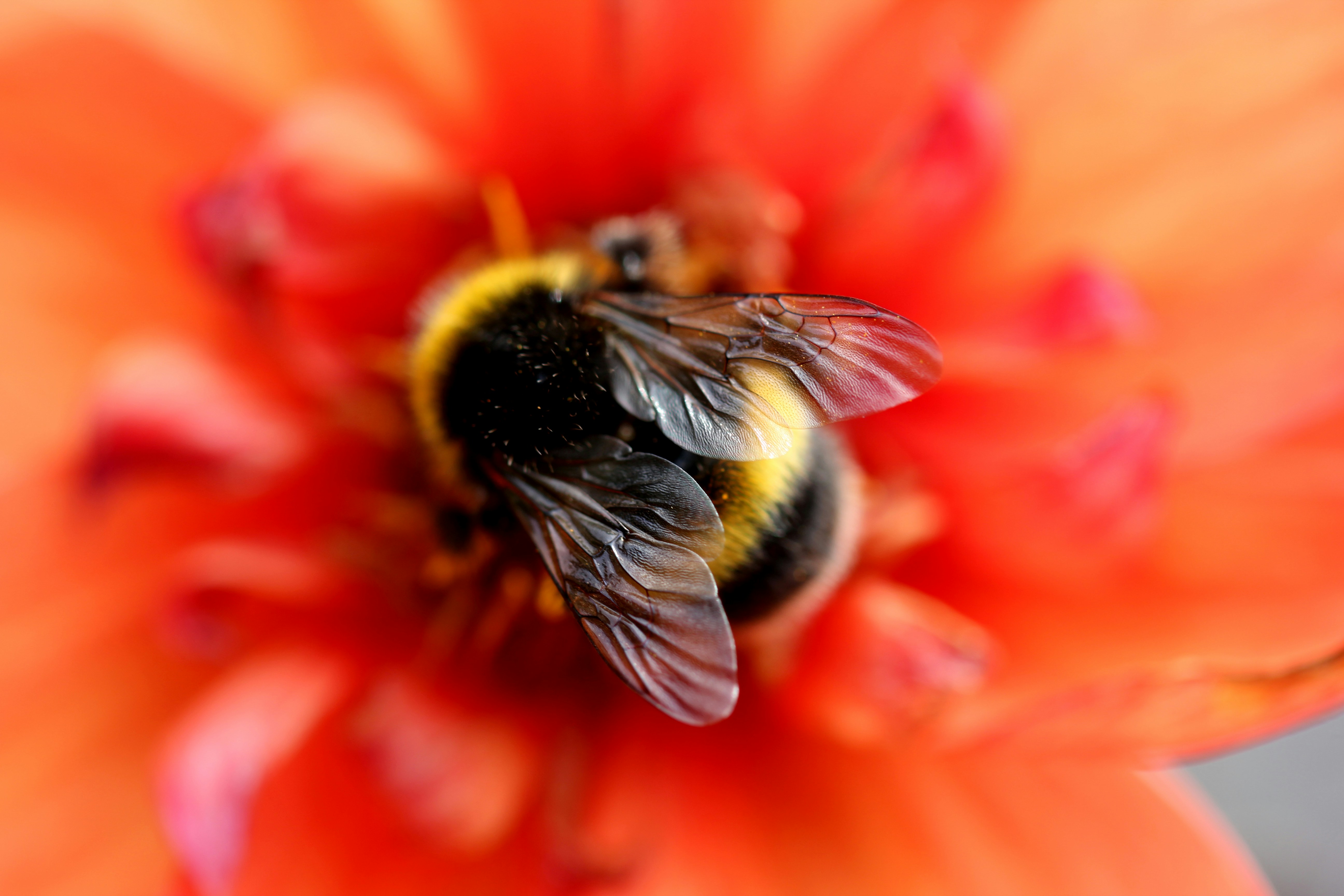News release
From:
Evidence for socially-influenced and potentially actively-coordinated cooperation by bumblebees
Proceedings of the Royal Society B: Biological Sciences
New research led by Dr Olli Loukola at the University of Oulu reveals the intricate nature of bumblebees' cooperative behaviour. Published in Proceedings of the Royal Society B, the study challenges traditional views, suggesting that bumblebees' cooperation is socially influenced rather than solely a result of individual efforts. Bees displayed behaviours, e.g. slowing down and turning, which indicated that the presence, absence, and direction of their partner strongly influenced their decisions and facilitated cooperation. These findings shed light on the mechanisms driving animals’ cooperative behaviour and open avenues for further exploration into the complexities of insect cooperation.



 International
International



